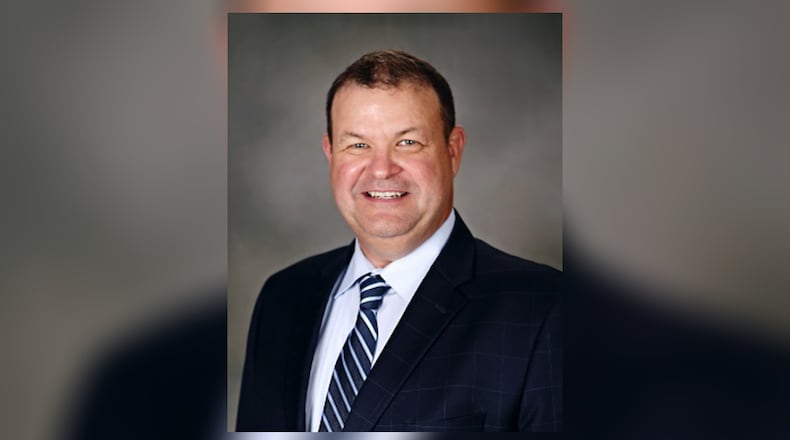A race discrimination case against the Buford city school system that gained notoriety because of vile, racist rants captured on audio recordings should proceed toward trial, a U.S. magistrate judge has determined.
In a 131-page decision issued in mid-May, Judge Walter Johnson also determined that the audio of the rant, said to have been made by former school superintendent Geye Hamby, can be admitted into evidence at trial.
The lawsuit was filed by Mary Ingram, an African American paraprofessional who was fired from her job in June 2017. She contends both Hamby and former principal Kaleen Pulley worked together to terminate her because she questioned why the color gold wasn’t included in the school district’s green and white emblem. (Gold represented the city’s black school district before the system was integrated in 1969.)
In court filings, Hamby, Pulley and the school system deny the allegations.
But Johnson recommended that a race discrimination claim and a retaliation claim involving Ingram’s free-speech rights should proceed toward trial against Hamby and Pulley. Ingram’s race discrimination claim against the city school system should also go forward, Johnson said.
The magistrate concluded three other claims raised by Ingram should be dismissed. Johnson arrived at his recommendations based on hundreds of pages of pretrial testimony and exhibits presented by lawyers on both sides of the case. U.S. District Court Judge Eleanor Ross will ultimately decide which claims will or will not go forward.
In pretrial motions, lawyers for the Buford city school system sought to keep recordings of the racist rant from being admitted at trial on grounds they are hearsay and could not be authenticated. Ingram has said she received the recordings after they were mailed anonymously to her aunt’s home in a letter addressed to both Ingram and her aunt. The person who made the recordings has not been identified.
In an interview with The Atlanta Journal-Constitution, School Board Chairman Phillip Beard said he believed the conversations occurred in the fall of 2016 at the construction site for the Buford Arena. Beard also told the AJC he was sure it was Hamby's voice on the recording, and Beard acknowledged he heard his own voice on the audio, Johnson noted in his decision.
The person identified as Hamby in Ingram’s lawsuit can be heard saying, “(Expletive) that (n-word). I’ll kill these (expletive) — shoot that (expletive) if they’d let me. All right. Well, check out what’s going on with all these (n-word) out here.”
During the conversations, the person identified as Hamby used a racial epithet eight times, at one time describing African Americans as “deadbeat (n-word).”
Shortly after the AJC published the recording, Hamby resigned from his $308,000-a-year position and apologized "for any actions that may have created adversity for this community." In his pretrial deposition, Hamby agreed the voice on the recording sounded like his, but he denied saying those words.
In his order, Johnson noted that after Hamby resigned, the school system issued a statement that showed it believed the voice was Hamby’s. “His language in no way reflects the sentiments of the Board of Education of the school district,” it said.
Moreover, eight witnesses, many of whom once worked with Hamby, have said they recognized Hamby’s voice on the recordings, Johnson said. And an audio expert hired by Ingram’s lawyers compared other recordings of Hamby with the racist rant audio and concluded, within a reasonable degree of scientific certainty, that they matched, the judge said.
A jury should be allowed to determine whether the voice heard on the recording is Hamby’s, Johnson said.
“We think the magistrate got the question of the admissibility of the recording right,” said Atlanta lawyer Ed Buckley, who represents Ingram. “We are also pleased to see the race discrimination claims going forward, in addition to the First Amendment claim.”
About the Author
Keep Reading
The Latest
Featured




